The WISH ACS-AEI Simulation Fellowship
Left image: Simulation Fellow Jonathan Wingate, MD giving presentation
Right image: Simulation Fellow Martin Palavecino, MD (center) with Dr. Carlos Pellegrini (right)
FELLOWSHIP INFORMATION
With a mission to improve the health of the public through simulation science, the Division of Healthcare Simulation Science at the University of Washington strives to improve the quality of healthcare education through technology and innovation.
Upon completion of a fellowship program, the Simulation Fellow will gain experience in simulation education theory and practice. The fellow will also develop their own technical skills through an array of simulation and research activities.
The requirements for our fellowships are the same, although the mechanism for funding varies. The two fellowships we offer are:
THE PELLEGRINI-OELSCHLAGER ENDOWED FELLOWSHIP IN SURGICAL SIMULATION
The Pellegrini-Oelschlager Endowed Fellowship in Surgical Simulation is a one-year fellowship funded by an Endowment which pays for salary/benefits of the fellow. It also covers travel costs for relevant meetings for the fellowship including the mandatory meetings required by the accreditation body.
THE HEALTHCARE SIMULATION SCIENCE FELLOWSHIP
The Healthcare Simulation Science Fellowship is usually a one-year fellowship funded by the fellow or the fellow’s institution. Costs for mandatory travel required by the accreditation body will be covered by the Division.
The Fellowship in Healthcare Simulation Science leverages UW’s expertise in engineering, computer science, robotics, 3D printing, material science, digital art, physical sculpting and molding; while delivering a first-rate education and research experience. The program is designed to advance the safety and practice of healthcare education by providing learners with an environment where they can learn and practice skills before ever using them on a patient.
The goal of the Fellowship in Healthcare Simulation Science is to provide a foundation for creating international leaders in development, evaluation, and delivery of medical education curricula enhanced by simulation technologies. The Fellow will be involved in simulation classes for medical students and residents as well as in the design and implementation of all surgical simulation activities.
REQUIREMENTS
Applicants must be an MD and be enrolled or have completed a residency in any surgically-oriented field. International candidates with the intent on developing a simulation center/program in their home country are encouraged to apply; evidence from the candidate’s institution indicating their wish for applicant to lead their simulation program is required.
CURRICULUM
During the fellowship year the fellow is generally expected to direct forty percent of their efforts toward curriculum development, forty percent toward research, and twenty percent to personal skill building. By the end of the fellowship year they are expected to accomplish the following goals:
Curriculum Development:
Develop five full curricula with at least one focused on team performance;
Be an active member of the curriculum and assessment council (or equivalent).
Research:
Publish three papers;
Design and build one simulator - click to learn more about the simulation research and development lab at UW - CREST;
Design and/or execute at least one multi-center validity study.
Leadership and Personal Skill Building:
Adherence to an individualized plan to help maintain clinical skills.
Set up and help teach for simulation courses;
Establish a vision and plan for the development of a simulation center using ACS-AEI criteria as a model;
HOW TO APPLY
Applicants are asked to provide the following:
A current curriculum vitae;
A personal statement explaining why they are pursuing this fellowship;
A letter of recommendation from their institution. This should include a supporting statement speaking to the candidate’s interest and potential to lead simulation endeavors.
A letter of recommendation from a colleague;
If English is a second language, TOEFL or IELTS exam scores or equivalent.
To apply for a fellowship position, please submit an online application
For more information about the program, please contact:
Farrah Leland, HCSS Simulation Fellowship Program Manager
University of Washington
1959 NE Pacific St. Box 356410
Seattle WA, 98195
batchel@uw.edu
Leadership:
Robert Sweet, MD, FACS, Professor of Surgery, Urology and Bioengineering, Executive Director of WISH and CREST, and Medical Director of the Kidney Stone Program at the University of Washington serves as the Director and overall mentor for the Fellowship Program.
For more information about the individual fellows, click the link below


